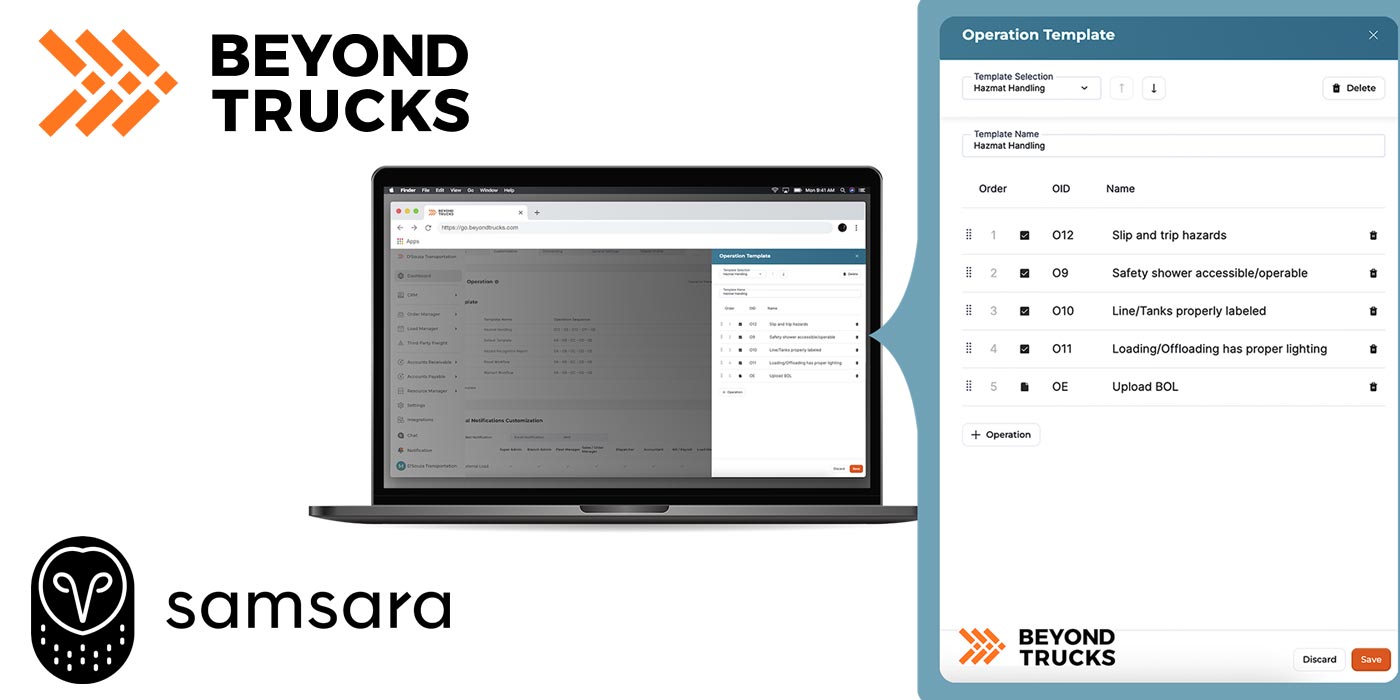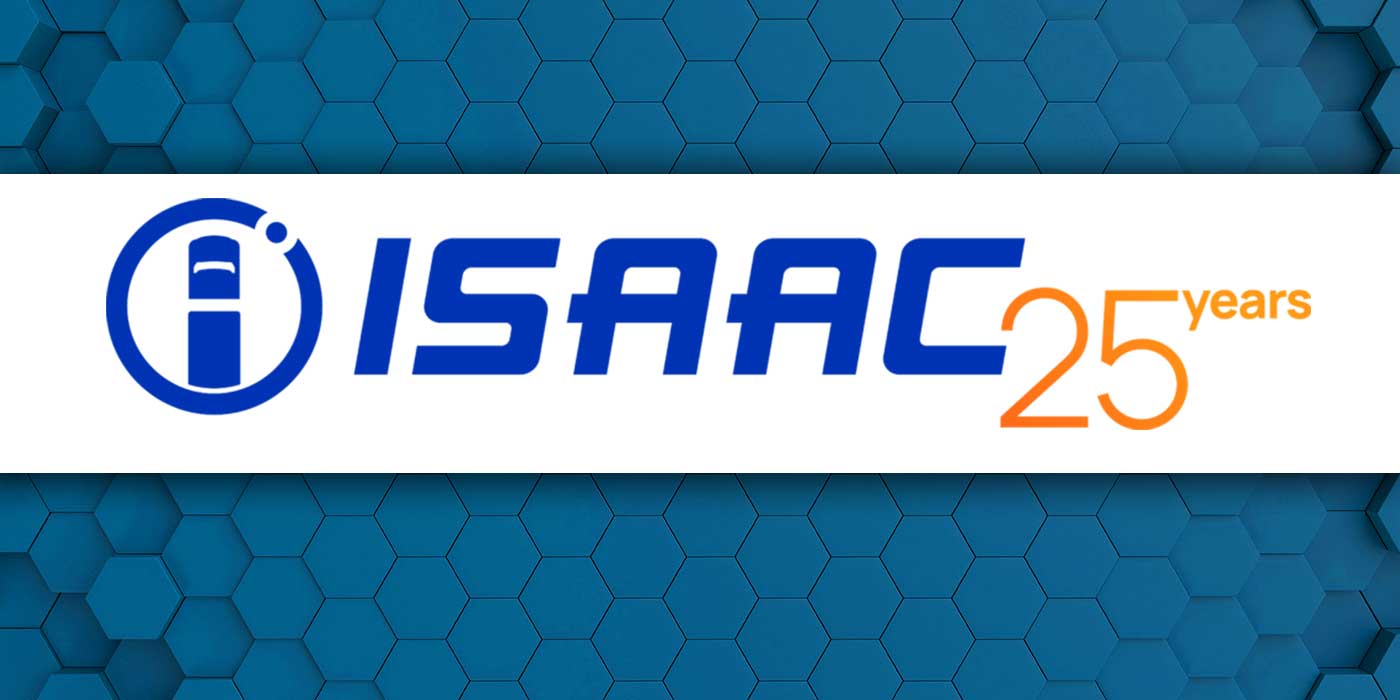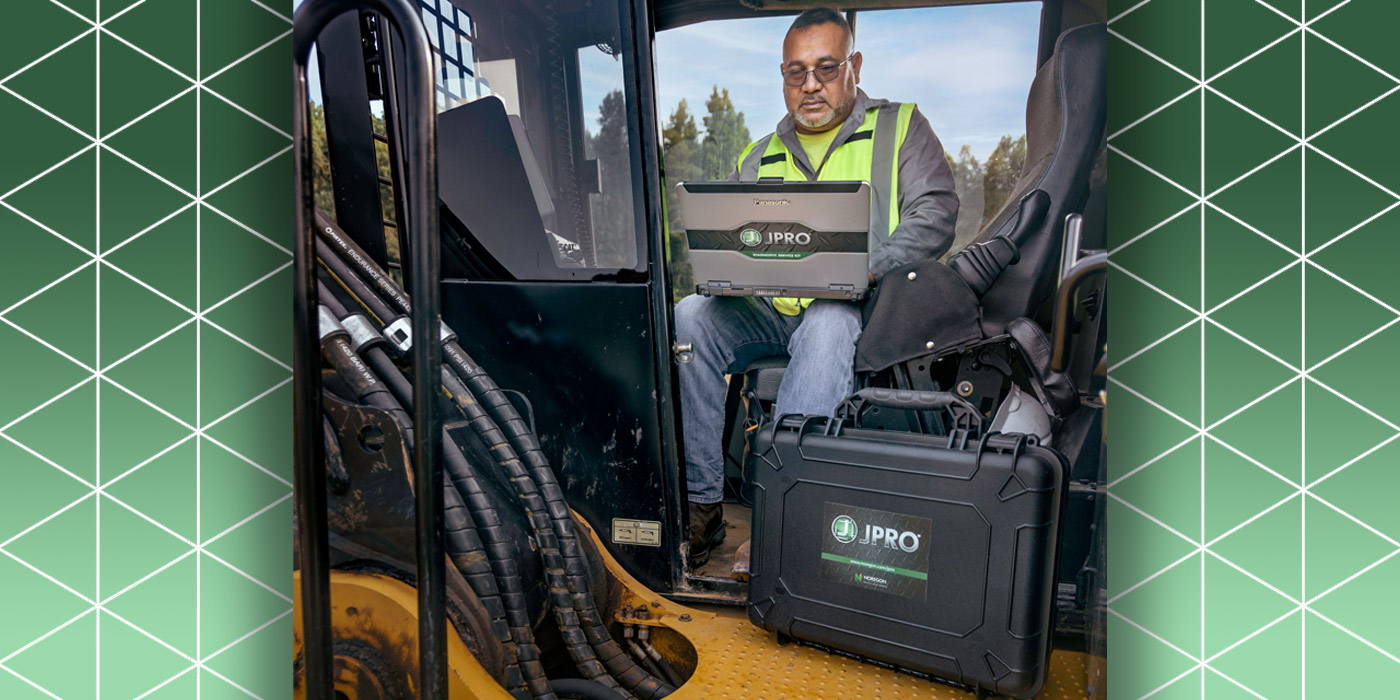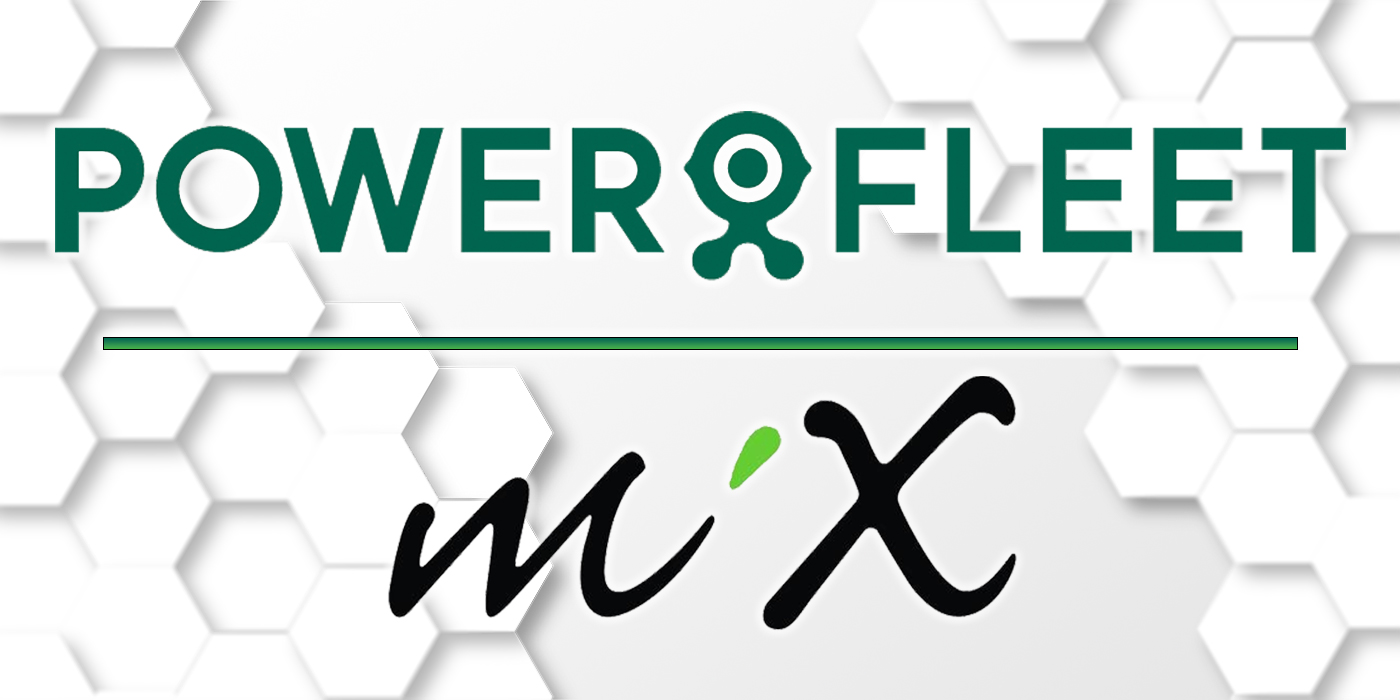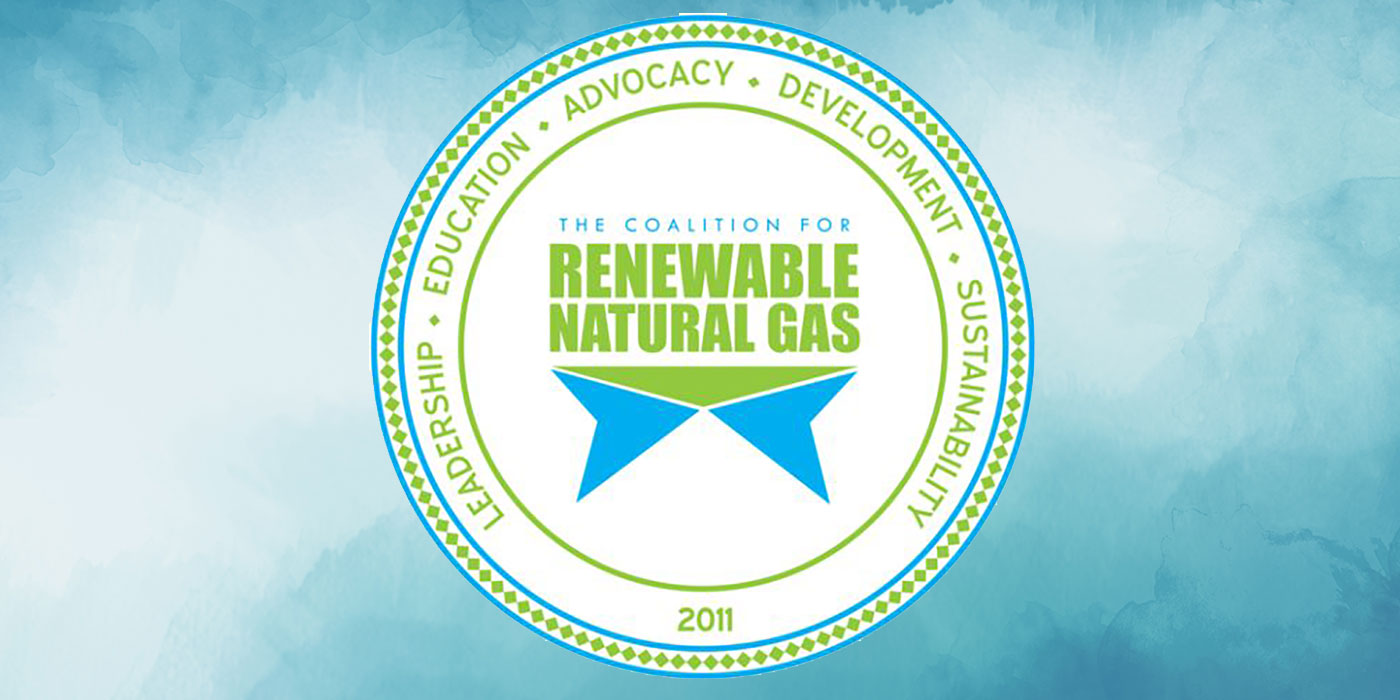Words like “smart” and “intelligence” get thrown around when talking about data-driven heavy-duty truck service solutions. Sorry to disappoint the Sci-Fi fans, but this doesn’t mean that your scan tools and connected truck devices will soon become self-aware. What it means is that a massive amount of truck service data has been collected by technology companies who wrap complex statistics around it to churn out actionable insights.
Today, it’s what’s driving “service soon” or “service now” recommendations. Tomorrow, service recommendations will grow even more sophisticated.
“We all know the worst service event happens on Christmas Eve in the middle of Utah, or Montana or Wyoming, and it’s important for a service provider to distinguish: is this a critical event—‘engine off’—or can the driver continue their delivery?” said Stephen White, Geotab heavy truck fleet enterprise business manager. “Your driver may see a Check Engine light and you get a backend dashboard notification, but what does that light mean? Is there a high coolant temperature or an average temperature, for example?
“With data, we can go through and determine things like coolant level, coolant temperature, we can monitor the DOC and DPF sensors, which are mission critical. So going back to the example, we can combine those two data points—high coolant temperature and a Check Engine light—and create an almost-instantaneous report or alert and communicate that in various ways, be it email, text or web services, back to the people who need to know about it.”
“We’ve done exactly that with OnCommand Connection,” said Julie Ragland, senior vice president and chief information officer at Navistar. “We pull data off not only International trucks, but all makes of trucks running OnCommand Connection. Then we wrap intelligence around that data to help our customers understand what those codes mean and recommend how they need to respond to them.”
“In our industry, getting a vehicle serviced is a cooperative effort across the multitude of players. If the applications of all these players use don’t talk, that’s where you’re going to see more downtime.
Julie Ragland, Navistar
And it’s not just fault code data. The multitude of sensors on today’s trucks provide a bigger operation picture that informs the fault code analysis coming from your service solution providers.
“In addition to the information that the truck itself is creating, we know the truck’s location, the terrain that it’s navigating, the weather conditions at the time of the fault,” Ragland explained, “and bringing in those types of data points provides better information about what is going on.”
Machine learning, a form of “artificial intelligence,” is driving much of this progress. These statistics models are developed by crunching massive amounts of data through complex algorithms that create predictors. Then, that model is trained via feedback related to its accuracy—basically, was it correct or not—to improve how it analyzes data.
It’s not all statistics and machines—you will be part of that solution too, because the evolution of advanced digital service solutions requires two-way communication.
“In our industry, getting a vehicle serviced is a cooperative effort across the multitude of players—the driver, the fleet manager, the service manager, the dealer, the OEM, the part manufacturer—so if the applications all of these players use don’t talk,” Ragland said, “that’s where you’re going to see more downtime, because parts of the ecosystem aren’t participating or understanding what is going on.”


